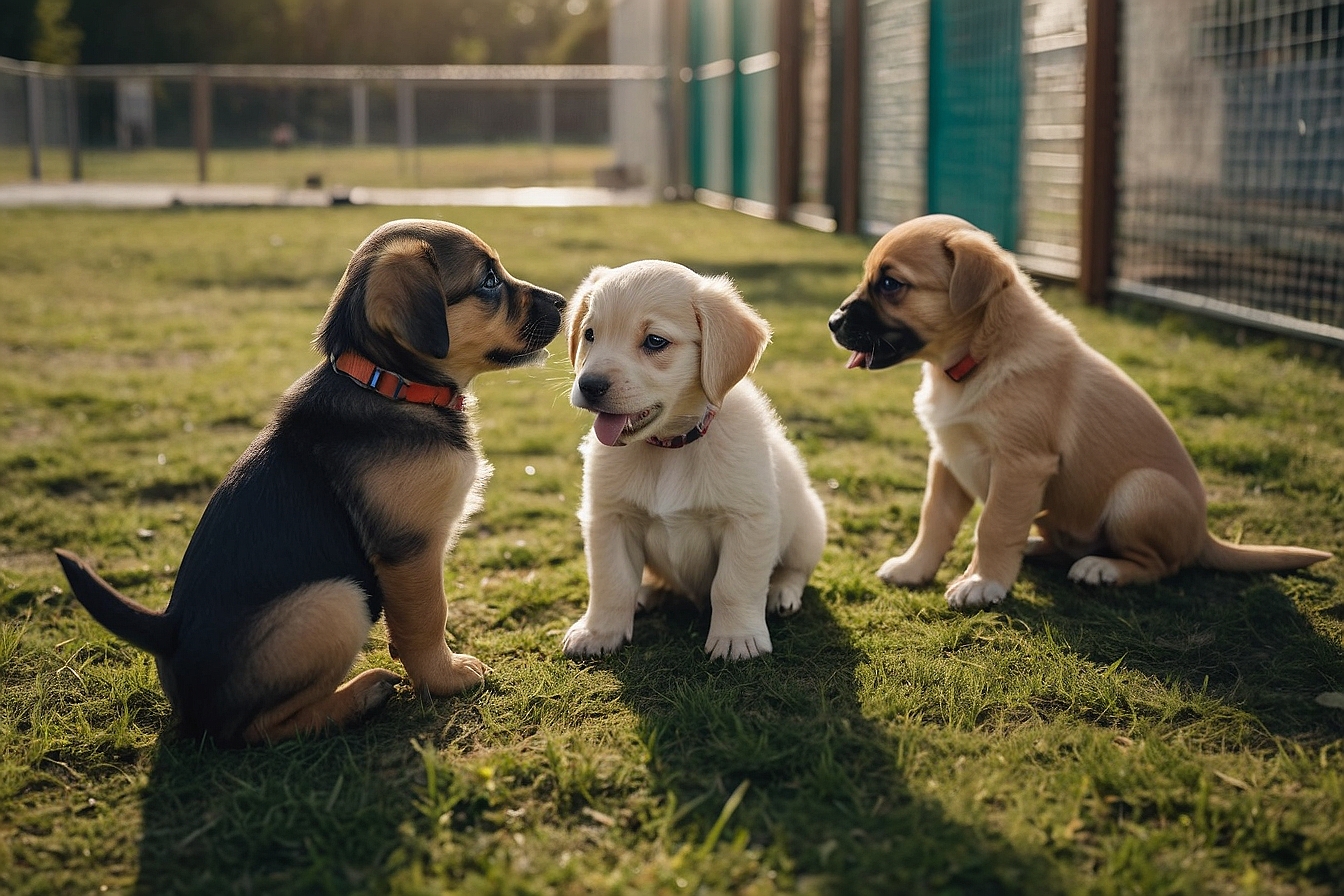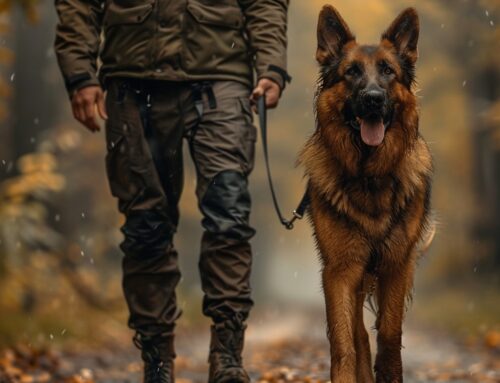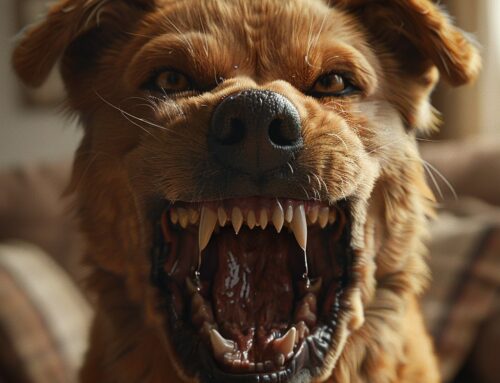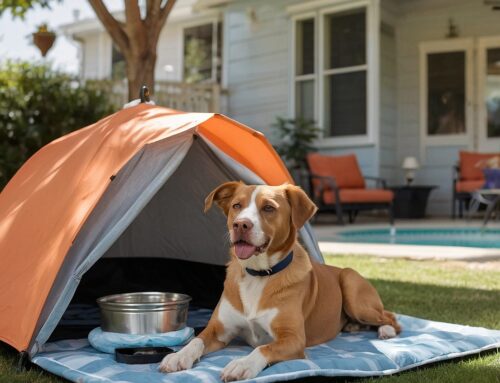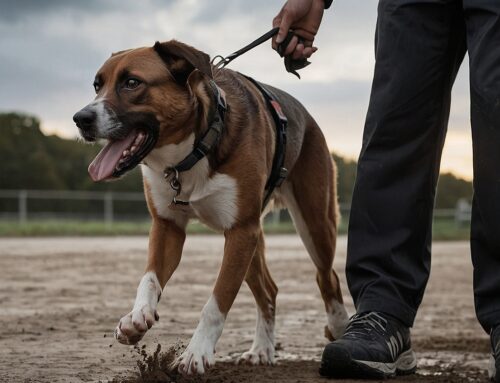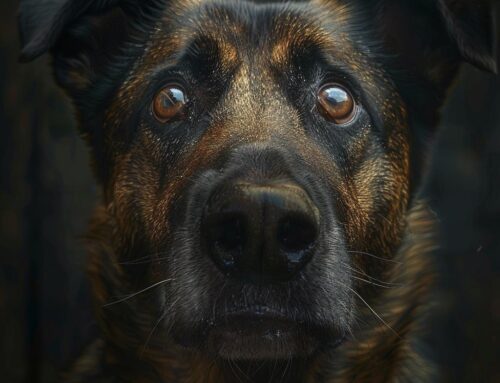As a responsible pet owner, one of your most important tasks is to ensure that your new puppy receives proper puppy socialization techniques. Socialization training is the process of introducing your puppy to a variety of people, animals, environments, and stimuli in a positive and controlled manner. It lays the foundation for a well-adjusted and behaviorally sound adult dog.
Socialization is more than just a series of interactions like puppy classes or dog parks for pups—it’s an investment in your puppy’s future happiness and well-being. A well-socialized dog is more likely to exhibit being a confident dog, become adaptable, and have good manners in various situations, making them a joy to be around and enhancing the bond between pet and owner as they become older dogs.
Whether you’re a first-time pet owner or a seasoned enthusiast, understanding the importance of socialization and knowing how to implement effective techniques in this dog training of basic obedience skills is crucial for your puppy’s development. By following these strategies and incorporating them into your daily routine, you’ll not only nurture your puppy’s behavioral growth but also forge a deep and lasting connection built on trust and mutual respect. We’ll explore the top three puppy socialization techniques that will set your furry friend up for training success, ensuring they grow into a well-rounded and socially adept adult dog. So, let’s dive into the world of puppy socialization and unlock the keys to training success together.
1 .Early and Positive Experiences
Socialization should begin as early as possible, ideally when your puppy is between 3 and 14 weeks old. During this critical period of early socialization, puppies are more receptive to new experiences and less likely to develop fear or anxiety towards novel stimuli. Introduce your puppy to a wide range of people, including men, women, children, and individuals of different ages, ethnicities, and appearances. Encourage gentle interactions and offer treats and praise to create positive associations. Similarly, expose your puppy to other animals, such as other puppies, other dogs that are more adult, cats, and small pets, in a safe and controlled environment. Arrange playdates with friendly, vaccinated dogs at a dog park and monitor their interactions closely to ensure that they remain positive and appropriate animal behavior.
If your puppy shows signs of fear or discomfort, intervene calmly and redirect their attention to something enjoyable. Additionally, introduce your puppy to different environments, both indoors and outdoors, even car rides is important for your pup. Take them for short walks around your neighborhood, visit neighborhood parks, beaches, and pet-friendly stores Encourage your puppy to walk on various surfaces such as grass, pavement, sand, and gravel to build resilience and prevent fearfulness. Gradually increase the level of challenge as your puppy becomes more confident, but always prioritize their safety and well-being when your socialize your puppy to different environments.
Puppies are highly receptive to new experiences, making it crucial to expose them to a diverse range of stimuli. Introduce your puppy to various people of different ages, genders, and appearances to cultivate positive interactions and prevent fear or aggression towards strangers. Arrange playdates with other well-socialized animals, including dogs, cats, and small pets, to teach your puppy appropriate social cues and behaviors. Monitor their interactions closely to ensure positive experiences and intervene calmly if needed.
In addition to socializing with people and animals, expose your puppy to different environments and surfaces to promote confidence and adaptability. Start by exploring different areas of your home before gradually venturing outdoors or even to puppy classes. Acclimate your puppy to handling and grooming procedures from an early age, including gentle touching, grooming tools, and veterinary exams, to foster trust and cooperation during grooming appointments and medical procedures.
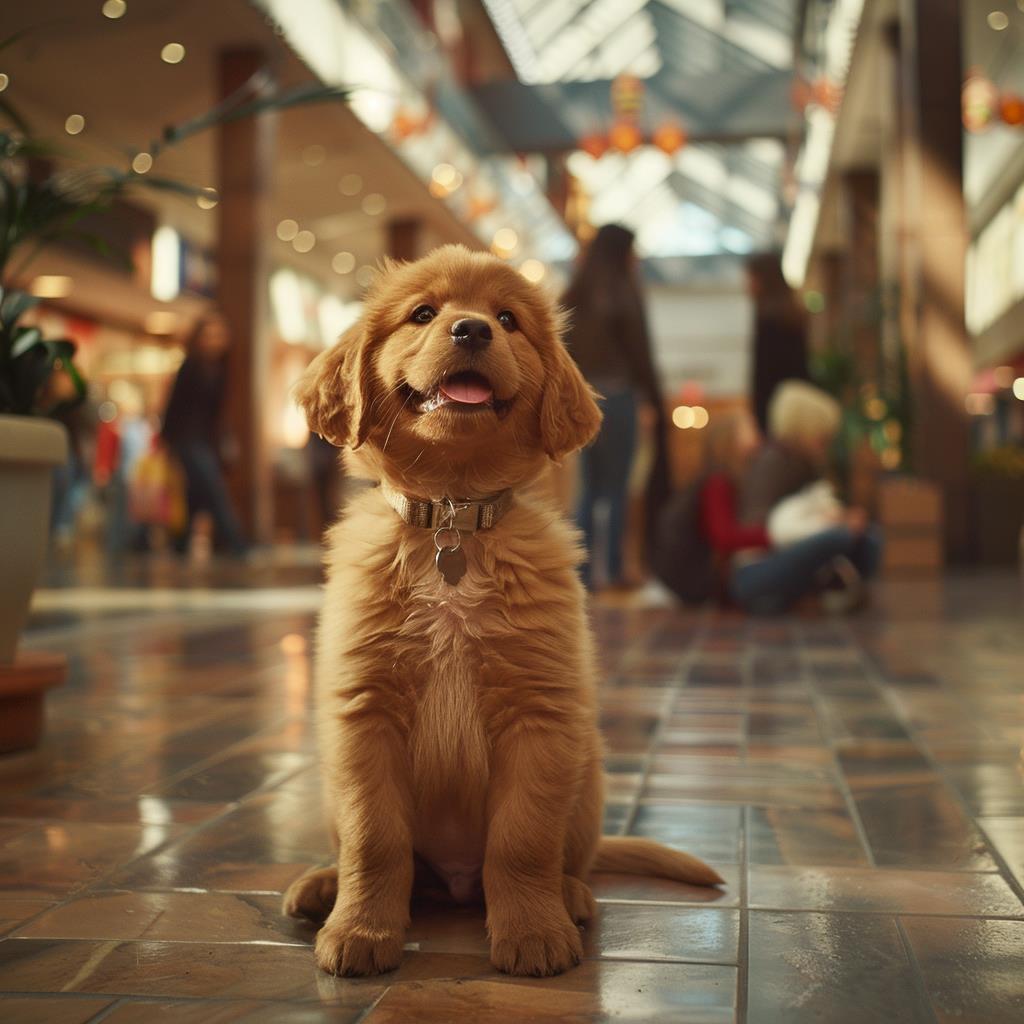
Lastly, introduce your puppy to a variety of sounds to prevent fear or anxiety towards loud noises. Play recordings of common household sounds and outdoor noises at a low volume while engaging your puppy in enjoyable activities. Gradually increase the volume over time as your puppy becomes more comfortable, reinforcing positive associations with different sounds. By providing early and positive experiences in these key areas of socialization, you can help your puppy develop into a confident, well-adjusted adult dog who is comfortable and adaptable in various situations.
2. Structured Socialization Classes:
Enrolling your puppy in structured socialization classes or puppy kindergarten can provide invaluable opportunities for learning and growth. These classes are typically led by experienced trainers who understand the importance of positive reinforcement and proper socialization techniques. They offer a controlled environment where puppies can interact with each other under supervision, learn appropriate play behaviors, and develop crucial social skills. When selecting a socialization class for your puppy, look for programs that prioritize positive reinforcement methods and use force-free training techniques.
When selecting a socialization class for your puppy, prioritize programs that emphasize positive reinforcement techniques and eschew punitive measures. Punishment or harsh corrections can instill fear or anxiety in puppies, hindering their socialization progress and potentially leading to behavioral issues later in life. Opting for classes that focus on positive reinforcement fosters a nurturing and supportive learning environment conducive to your puppy’s well-being and development.
Additionally, ensure that the class size is manageable, allowing for individualized attention and supervision. During socialization classes, encourage your puppy to interact with their peers in a calm and respectful manner. Monitor their body language and intervene if play becomes too rough or one-sided. Use treats, toys, and praise to reinforce positive behaviors and encourage cooperative play. Remember that socialization is an ongoing process, and attending regular classes can help reinforce good habits and prevent behavioral issues in the future. A manageable class size allows for individualized attention and supervision, ensuring that each puppy’s needs are met. This personalized approach enables trainers to closely monitor interactions and intervene if play becomes overly rough or one-sided, promoting positive socialization experiences for all participants.
Structured socialization classes are an invaluable resource for puppy owners seeking to provide their furry companions with essential social skills and behavioral foundations. Led by experienced trainers well-versed in positive reinforcement methods, these classes offer a controlled environment where puppies can safely interact with their peers. By enrolling your puppy in such classes, you ensure they receive proper guidance in learning appropriate play behaviors and developing crucial social skills.
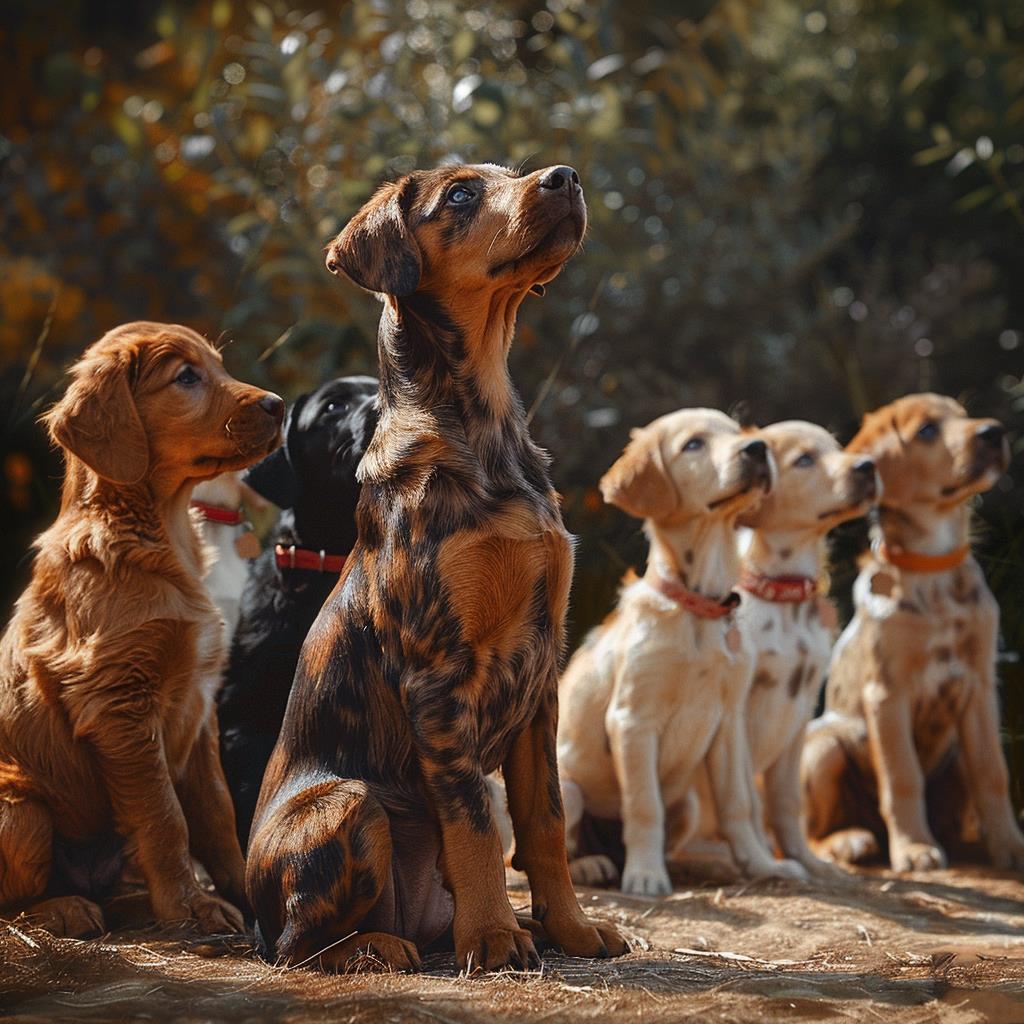
Throughout socialization classes, encourage your puppy to interact with their peers in a calm and respectful manner. Monitor their body language and intervene promptly if necessary to maintain a harmonious atmosphere. Utilize treats, toys, and praise to reinforce positive behaviors and encourage cooperative play among the puppies. By attending regular classes, you provide your puppy with ongoing opportunities to refine their social skills and solidify good behavioral habits, laying the groundwork for a well-adjusted and socially adept adult dog.
3. Desensitization and Counterconditioning:
If your puppy exhibits fear or anxiety towards specific stimuli, such as loud noises, unfamiliar objects, or new experiences, desensitization and counterconditioning techniques can help them overcome their fears in a gradual and systematic manner. Desensitization involves exposing your puppy to the feared stimulus at a low intensity, gradually increasing the level of exposure over time. For example, if your puppy is afraid of loud noises, start by playing recordings of the noise at a very low volume while engaging them in enjoyable activities, such as playing with their favorite toy or receiving treats. As your puppy becomes more comfortable, gradually increase the volume of the noise until they can tolerate it without fear.
Counterconditioning involves pairing the feared stimulus with something positive to change your puppy’s emotional response. For instance, if your puppy is afraid of strangers, ask a friend or family member to approach them slowly while offering treats or engaging in play. Over time, your puppy will learn to associate the presence of strangers with positive experiences, such as treats and attention, rather than fear or anxiety. It’s essential to progress at your puppy’s pace and avoid overwhelming them with too much exposure too soon. Be patient, consistent, and supportive throughout the desensitization and counterconditioning process, and celebrate each small victory along the way.
Desensitization and counterconditioning are essential tools in a pet owner’s toolkit for addressing specific fears or anxieties that may arise in their puppy. However, it’s important to recognize that every puppy is unique, and what works for one may not work for another. Therefore, flexibility and adaptability are key when implementing these techniques. Pay close attention to your puppy’s responses and adjust your approach accordingly, ensuring that you’re providing the support and guidance they need to succeed.
Additionally, seeking professional guidance from a certified dog trainer or behaviorist can be immensely beneficial when dealing with more complex behavioral issues. These professional trainers or behaviorists have the knowledge and experience to assess your puppy’s individual needs and develop a tailored training plan to address them effectively for your pup. They can also provide valuable insights and techniques to help you navigate challenges and achieve lasting results.
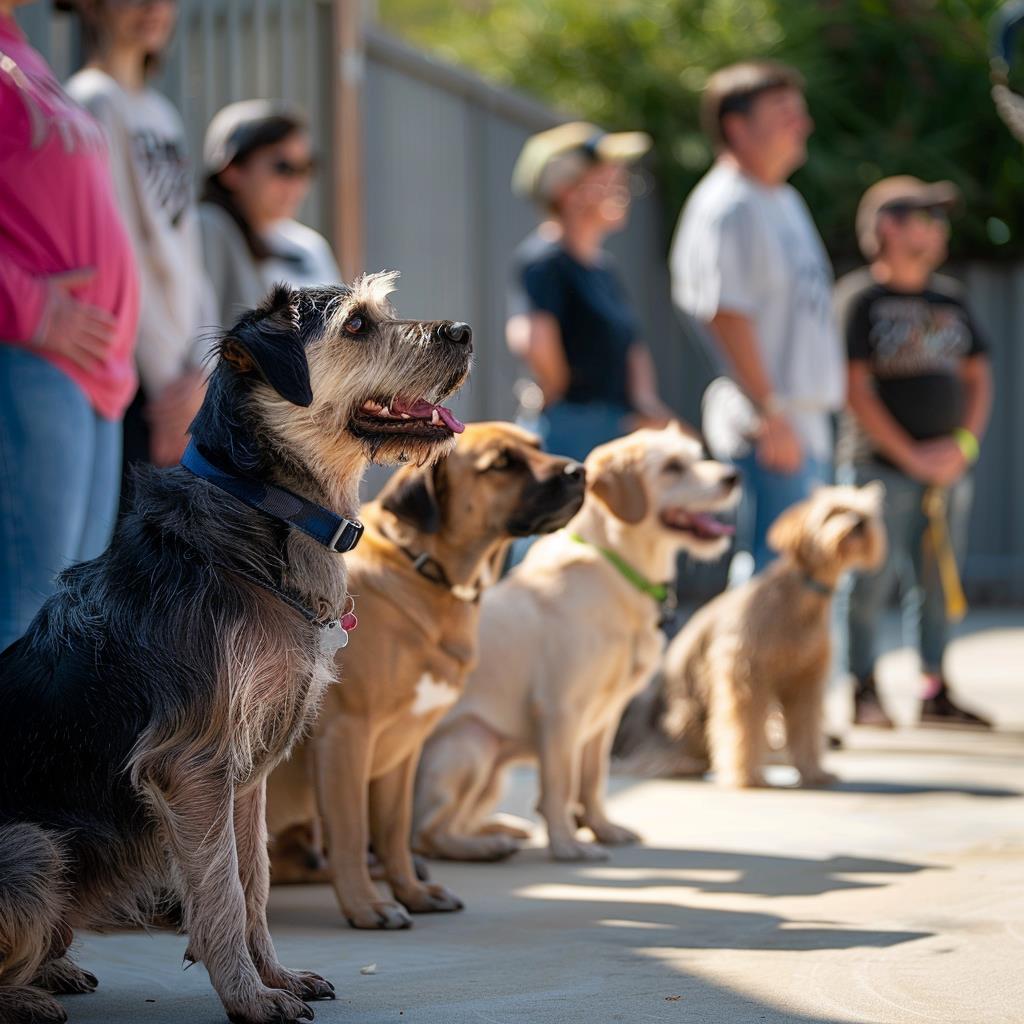
Remember that socialization is an ongoing process that extends beyond puppyhood into adolescence and adulthood. Continuously exposing your dog to new experiences and environments, maintaining positive associations, and reinforcing desired behaviors will help ensure their continued growth and development. By investing time and effort in your puppy’s socialization, you’re laying the groundwork for a lifetime of happiness and companionship.
Progress should be at your puppy’s pace, avoiding overwhelming them. Be patient, consistent, and supportive throughout the process, celebrating each small victory. By taking it slow and building positive associations, you’ll help your puppy overcome their fears and develop resilience in the face of new experiences.
Your Top Puppy Socialization Techniques
Proper socialization is crucial for the development and well-being of your puppy. By implementing the top three socialization techniques outlined in this guide – early and positive experiences, structured socialization classes, and desensitization and counterconditioning – you can set your furry friend up for training success and ensure that they grow into a confident, well-adjusted adult dogs. Remember to prioritize your puppy’s comfort, safety, and happiness throughout the socialization process, and enjoy watching them thrive in their new surroundings throughout your puppy’s life.
And if you’re looking to really elevate your puppy’s training, you can enroll your pup into the Yappy Puppy Program by Performance K9 Training and Boarding. Designed for puppies too young for traditional board and train programs, this unique offering includes two private lessons tailored to address challenges such as potty training, crate training, and socialization.
As the puppy reaches five months old, they can transition to the two-week Basic Behavior Modification Board and Train Program, where they’ll learn fundamental skills like leash manners, recall, and place commands in varying levels of distraction. Under the guidance of expert trainers overseen by David Greene, pet owners can witness remarkable improvements in their puppy’s behavior within a short timeframe. Regular text updates and 10 private lessons post-training ensure that pet owners are well-informed and equipped to maintain their puppy’s comprehensive training. To embark on this journey towards a lifetime of training success and companionship, pet owners can schedule a complimentary consultation to tailor a training program specifically for their pup.
As the journey of puppy socialization unfolds, it’s crucial to remember that the investment made in these early experiences lays the foundation for a lifetime of harmonious companionship. By prioritizing socialization and continuing to nurture positive behaviors, pet owners can enjoy the rewards of a well-adjusted and confident adult dog who enriches their lives in countless ways. Through dedication and commitment to their puppy’s development, you can embark on a journey filled with love, learning, and lasting bonds that endure for years to come. Whether you opt for independent efforts or seek assistance from reputable training facilities such as Performance K9 Training and Boarding, your puppy will undoubtedly express gratitude for the thoughtful care and attention invested in their early development.



